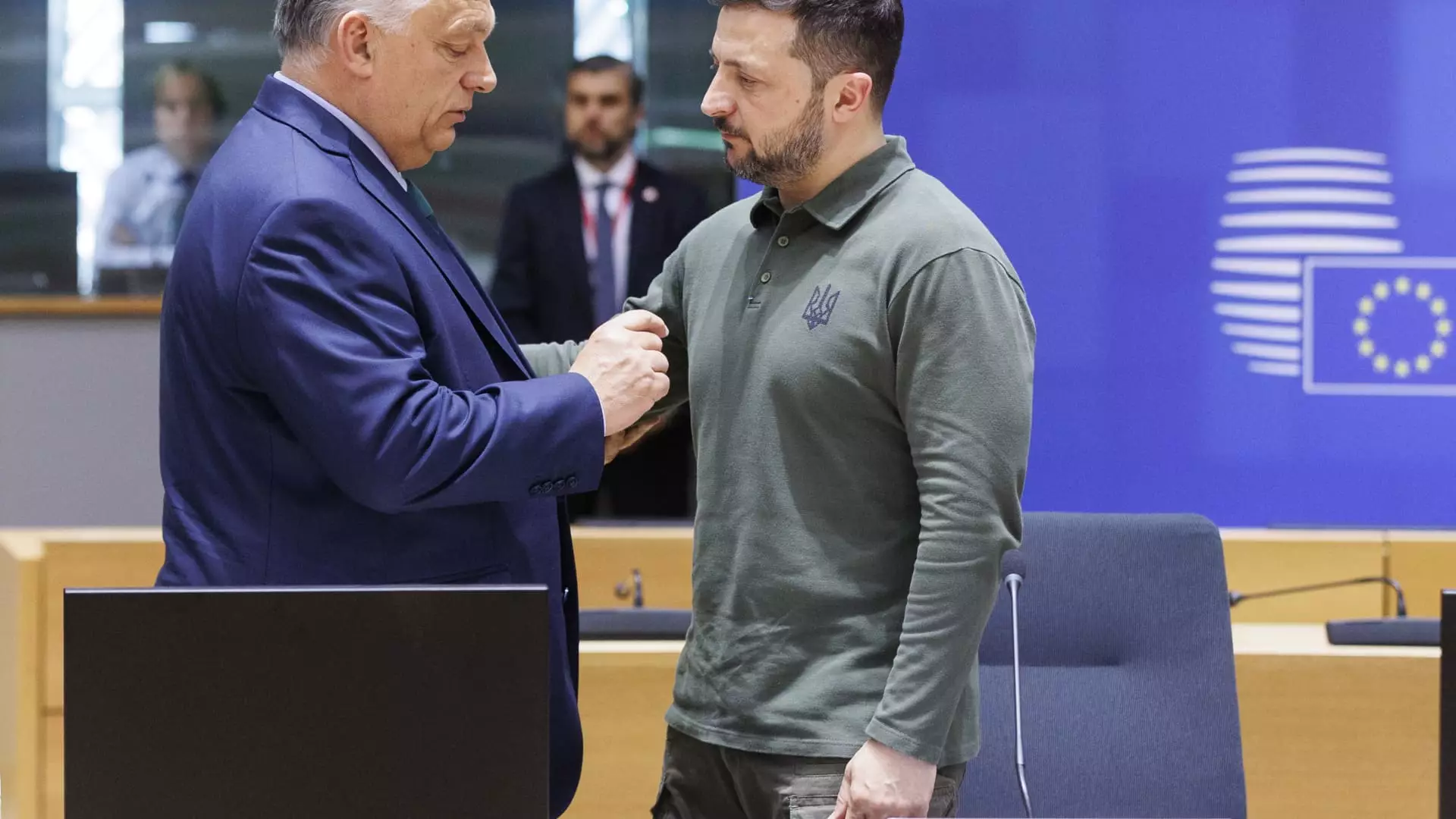Hungarian Prime Minister Viktor Orban’s recent visit to Ukraine has sparked both curiosity and controversy due to his close ties with Russia and his critical stance towards NATO’s support for Kyiv. Despite being seen as Russia’s ally within the European Union, Orban expressed intentions to improve relations with Ukraine and sign a bilateral cooperation agreement during his meeting with Ukrainian President Volodymyr Zelenskyy.
Zelenskyy’s 10-point peace framework, released in November 2022, has not gained traction, with Putin outlining his own terms for truce negotiations. Both proposals have yet to be accepted by either side, prolonging the conflict and hindering progress towards peace in the region.
Orban, self-proclaimed as a “peacemaker,” has refrained from sending weapons to Ukraine and has opposed deeper NATO involvement in supporting Kyiv. Despite these positions, Hungary has not blocked NATO initiatives and has expressed willingness to engage in diplomatic efforts to resolve the conflict.
Issues with the EU and NATO
Hungary’s opposition to EU financial aid packages for Ukraine and Orban’s absence from the recent Ukraine Peace Summit in Switzerland have raised concerns about Hungary’s commitment to supporting Ukraine’s sovereignty. Additionally, Hungary’s demands regarding the rights of the ethnic Hungarian minority in Ukraine have complicated its relationship with Kyiv and the EU.
As Hungary assumes the rotating EU presidency and prepares for the upcoming NATO summit, there are hopes for increased financial and security assistance for Ukraine. However, Orban’s visit to Ukraine comes at a time of uncertainty, with conflicting interests and demands complicating the path towards peace and cooperation in the region.
The complex relationship between Hungary and Ukraine amidst the ongoing conflict highlights the challenges of balancing alliances, interests, and commitments. As Orban seeks to navigate these complexities and promote dialogue between the conflicting parties, the road to peace remains uncertain but crucial for the stability and prosperity of the European region.

Leave a Reply